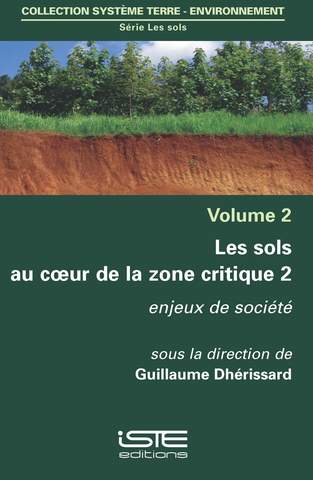Les sols au coeur de la zone critique
Date: juin 2018
Source: Foncier & Développement
Par: Alain Karsenty
L’article est issu de l’ouvrage « Les sols au coeur de la zone critique », coordonné par Christian Valentin et publié par ISTE, en 6 volumes.


